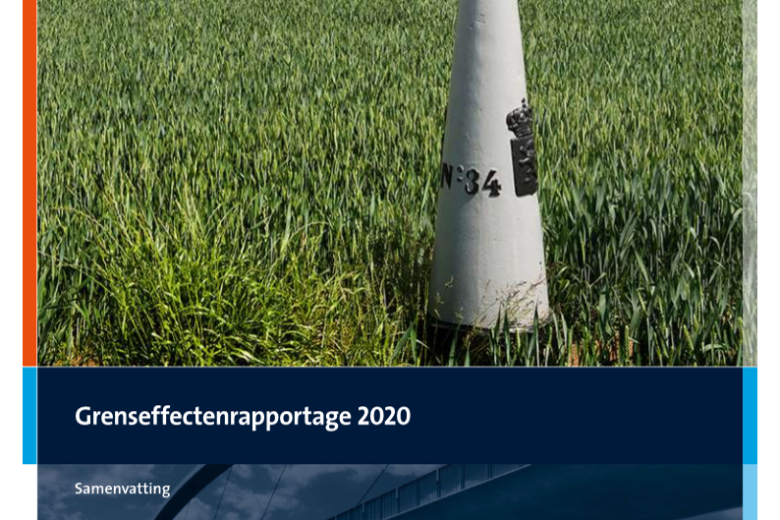New civil servants law increases uncertainty for cross-border workers
From 1 January 2020, a new Dutch law regarding the legal status of civil servants can prevent certain employees of Dutch universities from working at home. In a change from the current situation, from January on it matters to cross-border workers how much time they work in the office or from home. This can have far-reaching consequences for their social security coverage, and possibly their pensions. This is explained in the annual Cross-Border Impact Assessment from the ITEM expertise centre (part of Maastricht University), which was presented on Friday.
WNRA
As of 1 January 2020, the Act on the Standardisation of the Legal Status of Civil Servants (WNRA) will most likely go into effect. Employees of Dutch universities or academic hospitals in border regions with Germany and Belgium, in particular, will face far-reaching consequences because they will no longer be designated as civil servants. International regulations only allow cross-border workers to be socially insured in one country. One of the European rules states that if a cross-border worker works in Member State A as a civil servant and in Member State B as an employee, the worker will be insured in the state where he/she works as a civil servant. Now that the job status of that civil servant is set to change to that of an employee position under the new Dutch law, it must first be determined whether the employee works 25% or more of his/her working time in his/her county of residence. If that is the case, then the social security obligation is assigned to the country of residence. When the WNRA goes into effect, the social security obligation of an assistant professor who lives in Belgium or Germany and who works under contract at a Dutch university four days a week will be assigned to Belgium or Germany if he/she works from home one day a week. It is still unclear what the consequences will be in various other situations, such as employees of Dutch universities who work on cross-border projects.
Conference
The presentation of the annual Cross-Border Impact Assessment traditionally takes place during the ITEM annual conference. Knowledge institute ITEM held its fifth annual conference in Enschede on 21 and 22 November. The conference was organised in collaboration with the Province of Overijssel and the Province of Limburg. During the annual conference in Enschede, experiences were exchanged regarding how to improve security and healthcare in border regions as well as cross-border cooperation in general. The Institute for Transnational and Euregional cross-border cooperation and Mobility (ITEM) is part of Maastricht University and conducts research into cross-border cooperation and mobility. This year's Cross-Border Impact Assessment not only looks at the cross-border effects of the WNRA, but also at other issues such as those related to the European Nitrate Directive. The entire report can be downloaded here.
Also read
-
European cross-border approaches to the corona crisis are hard to find
Many European borders were closed this spring simply because governments were unable to make agreements about the various national corona measures, and not primarily due to public health considerations. This is the conclusion of the annual Cross-Border Impact Assessment by the Institute for...
-

-
Maastricht scholars successfully fight forced marriage and marital captivity
For the research group led by Susan Rutten, professor of Islamic Family Law in a European Context at Maastricht University (UM), in recent weeks, everything has fallen into place. Partly in response to the recommendations of their MARICAP study, the Dutch minister of legal protection Sander Dekker...